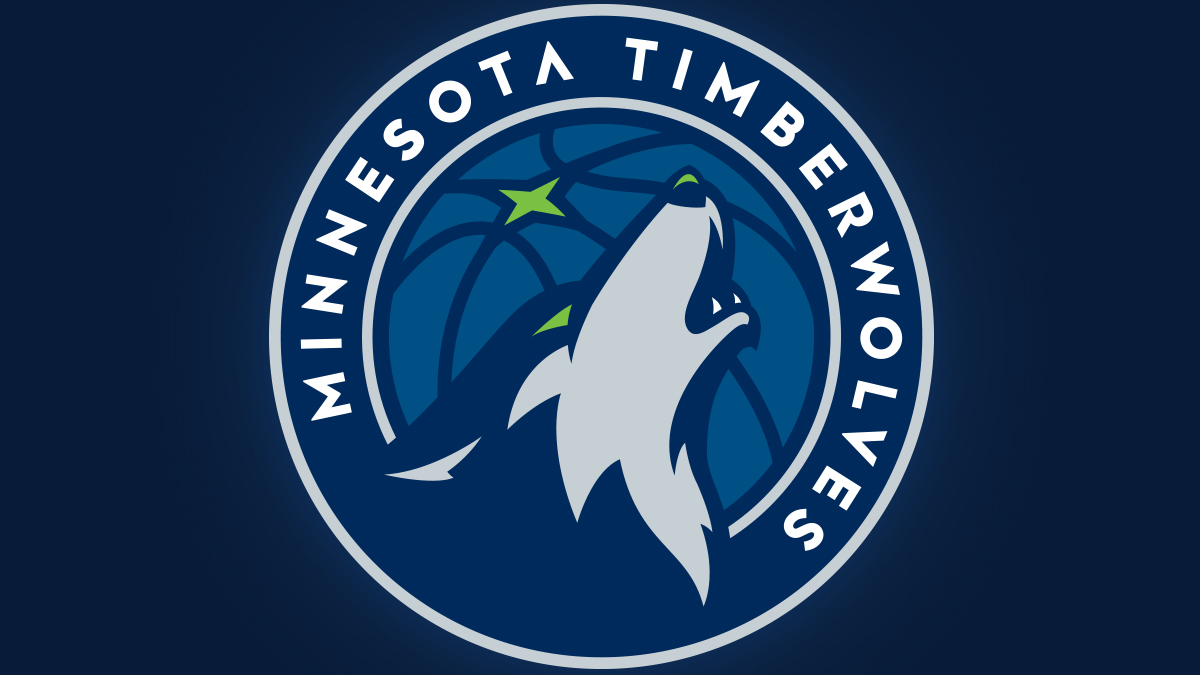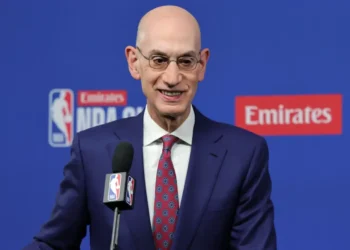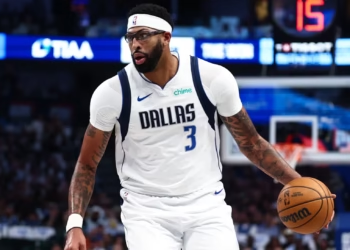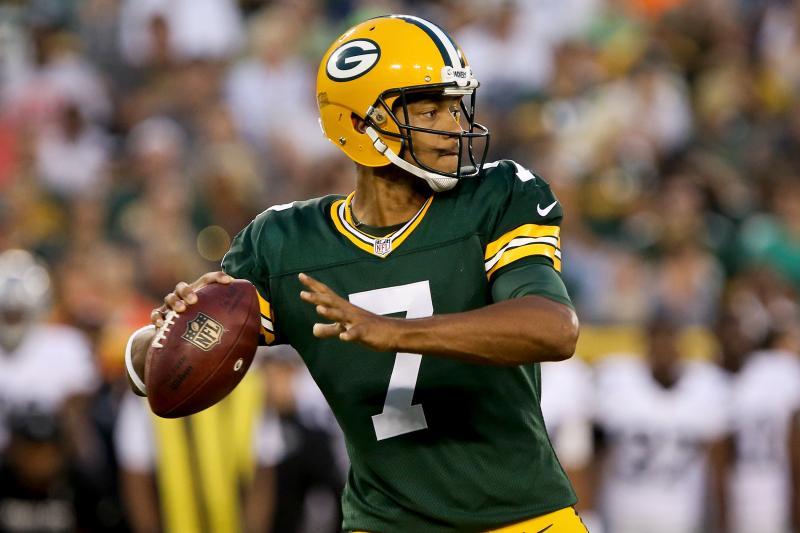With the 2017-18 season right around the corner, we preview the new look Wolves and give our predictions on the upcoming season. The 2016-17 Wolves were many people’s pick to be the next breakout team after welcoming in defensive guru Tom Thibodeau to be their head coach and president of operations. The core of Karl Anthony-Towns, Andrew Wiggins, Zach LaVine, Ricky Rubio, and the high hopes of the number 5th overall pick, Kris Dunn, were supposed to carry this team to playoffs, ending their 12-year drought. The young Wolves showed flashes of brilliance, but all too often succumbed to being a very inexperienced group. After a highly underwhelming season, the Timberwolves ended with a 31-51 record, only a two-game improvement over the previous year. After a year with the roster, Thibodeau was clearly not impressed, and made a slew of moves in the offseason.
Here’s a look at the key additions/departures from last season:
Key Additions
- Jimmy Butler, SG, former Chicago Bull
- Jeff Teague, PG, former Indiana Pacer
- Jamal Crawford, SG, former Los Angeles Clipper
- Taj Gibson, PF, former OKC Thunder
- Aaron Brooks, PG, former Indiana Pacer
- Justin Patton, C, Rookie
Key Departures
- Ricky Rubio, PG, Utah Jazz
- Zach LaVine, SG, Chicago Bulls
- Kris Dunn, PG, Chicago Bulls
- Brandon Rush, SG, Milwaukee Bucks
Returning Talent
- Karl Anthony-Towns, C
- Andrew Wiggins, SF
- Gorgi Dieng, C
- Shabazz Muhammad, SF
- Tyus Jones, PG
- Nemanja Bjelica, PF
- Cole Aldrich, C
One look at the new Timberwolves roster and we can see a few familiar faces, at least to Thibodeau, as many of his new acquisitions played under him when he coached the Chicago Bulls: Jimmy Butler, Taj Gibson, Aaron Brooks. Many of the young Wolves struggled to pick up Thibodeau’s complex defensive system, with Towns and Wiggins being among the leagues worst defenders, according to advanced analytics. The hope is that the influx of veterans will help bring that defensive edge that Thibodeau teams are known for. The most notable being Butler, who is one of the best two-way stars in the league, and tough-nosed Taj Gibson.
Perhaps the move that didn’t make sense to most Timberwolves fans was the move to trade fan favorite Ricky Rubio to Utah for a late first round pick. This move was made to clear the way for newcomer, and supposed upgrade Jeff Teague. At first glance, the swap doesn’t appear to be an upgrade at all. Rubio, according to advanced stats, is the superior defender; he’s also a wizard with the basketball, often finding teammates with dazzling assists (8.5 Ast/game for career). The problems that have plagued him his entire career have been the inability to knock down the 3 pt shot consistently (career 31.5 percent), and of course injuries.
Thibodeau feared that with newly acquired Butler and incumbent Wiggins, who are both below to average 3pt shooters at best (33.7 % and 32.9% respectively), that the Timberwolves would struggle to space the floor with Rubio at the helm. This is where Jeff Teague comes into play. He is a career 35.5% from downtown, which isn’t dominant, but certainly an upgrade at something the Timberwolves are in dire need of. Teague is also far superior at finishing at the rim, shooting 59% under three feet (Rubio 47.7%). Thibobeau also prefers the offense to go mainly through Jimmy Butler, who will more than likely be the main facilitator. This approach also favors Teague because he can still produce without the ball, whereas Rubio needs the ball to be effective.
The former three-time Sixth Man of the Year award winner, Jamal Crawford, rounds out the rest of the newcomers. Crawford, who turns 38 years old this season, has long been one of the league’s best bench scorers since entering the league in 2000. However since the 2012-13 season, Crawford’s production has steadily dropped from 18.6 ppg to 12.3 ppg this last year. Rookie Justin Patton is a very raw prospect out of Creighton, who the Timberwolves grabbed with the 16th pick in last June’s draft. Patton figures to spend his time going between the NBA roster and the Timberwolves G-league affiliate, the Iowa Wolves, once he recovers from offseason foot surgery. Both Anthony Brown and Marcus Georges-Hunt are mere bench filers at this point and don’t figure to receive much playing time.
Game Day Roster

The Starters
The starting five will most likely include:
C Karl Anthony-Towns
PF Taj Gibson
SF Andrew Wiggins
SG Jimmy Butler
PG Jeff Teague
This starting crew will be amongst the leagues top scoring units. Towns, Butler, and Wiggins all scored over 23 PPG last season, and while those numbers are likely to regress, all will get their buckets. The odd man out will most likely be Jeff Teague, who averaged 15.3 PPG last season with the Pacers. This doesn’t sound as though it bothers him, however, as he has stated in multiple interviews that he is willing to take whatever role the team needs him to fulfill. This unit will also be much improved on the defensive end. The addition of Jimmy Butler alone makes a huge difference. The hope is that Butler’s intense play style will ultimately rub off on Wiggins, who has all the tools to be a star on defense, but has yet to figure it out. The same can be said for Towns, who was among the league’s worst defensive big men last year. Taj Gibson should ease the learning process and show Towns how to effectively guard bigs in Thibodeau’s system. The success of this team ultimately hinges on how Wiggins and Towns progress defensively, as both are already superstar level scorers, and how fast the team gels together.
The Bench
SG Jamal Crawford
C Gorgi Dieng
SF Shabazz Muhammad
PG Tyus Jones
PF Nemanja Bjelica
PG Aaron Brooks
C Cole Aldrich
C Justin Patton
SF Anthony Brown
SG Marcus Georges-Hunt
The bench who will mainly be headed by Jamal Crawford, Gorgi Dieng, Shabazz Muhammad, Nemanja Bjelica, and some combination of Aaron brooks and Tyus Jones, who will be greatly improved. Although Thibodeau is notorious for playing his starters way too much, the much improved bench will hopefully allow him to keep the starters’ minutes at a respectable level. Crawford gives this second unit an instant scorer and veteran presence they’ve been lacking for years. He’s won multiple Sixth Man of the Year awards and will add playoff experience to a relatively inexperienced roster.
Gorgi Dieng figures to be the first big on the bench able to fill the center or power forward position. Dieng has started the last two years, but is probably more suited for a bench role where his energy and hard-nosed style of play can be a spark plug for the team. Dieng has also improved at shooting 3pt shots the last three years, which if he can hit more consistently can greatly increase floor spacing.
Shabazz Muhammad was a late addition to the Timberwolves roster this summer. The Timberwolves renounced their rights to resign him earlier this offseason to create more cap space to sign Teague, Gibson, and Crawford, but after NBA free agency proved to be less fruitful for the fourth-year wing, he signed a one-year veteran minimum to come back to the T-Wolves. Like Crawford, Shabazz is an electric scorer, however he is one of the league’s worst defenders statistically.
Perhaps the most intriguing Bench piece is Nemanja Bjelica. The former EuroLeague MVP has the tools to be a very productive NBA player, but is often plagued by inconsistent play and has been injury-prone since he entered the league two years ago. If he can improve his 3pt shooting (31% last year) to what he is capable of doing, he can fill a stretch PF role off the bench, giving the T-Wolves an element that’s been missing since Kevin Love.
The backup point guard duties will likely be split between 3rd year player Tyus Jones and 10-year vet Aaron Brooks. Aaron Brooks has a history with Thibodeau, which bodes well for him given his previous experience within his system. Brooks is also a career 37% 3pt shooter, and with the lack of 3pt shooting on this team, he could provide much needed floor spacing. In the small sample size of Tyus Jones’ NBA career, we’ve seen improvement in virtually every statistically category. After last season and the trade of rookie Kris Dunn, Tyus was poised to take over the backup role all to himself, but it is clear that Thibodeau doesn’t think that Tyus is ready with the Brooks signing. Look for this to be a back and forth battle between the two for backup PG rights.
Justin Patton, Cole Aldrich, Anthony Brown, and Marcus Georges- Hunt don’t figure to factor into the Timberwolves main lineups and aren’t likely to play many minutes barring injury or significant improvement. Patton is being looked at as a long-term project.
Biggest Questions Headed Into the Year

Will the Young talent develop into their potential?
A lot rides on the ability of Karl Antony-Towns and Andrew Wiggins to improve on defense.
Will the excess of big men and lack of wings come back to hurt them?
Right now the Timberwolves have six centers and power forwards on the squad, and only five wings. In this guard-heavy league and the switching in favor of more small ball friendly lineups, can the Timberwolves prove that the use of two traditional big men can win in this era?
Will lack of three point shooting cause them to drop in the rankings?
Although the Timberwolves did improve a little this offseason, 3pt shooting with still be an issue. The league has become 3pt happy throughout the last ten years and become the norm. Will the Timberwolves get left behind?
Will Thibodeau play the starters too much?
Tom Thibodeau loves to play his starters more than any other coach in the league, and has been criticized in the past for playing his players too much, leading them to injury.
Season Outlook

Sports Illustrated has the Timberwolves at 48.5 games this year, and while that’s a significant improvement over last year (17.5 games), it still only puts them as the fifth-best odds in the Western Conference. While most of the time an improvement of 17.5 games is thought to be an amazing turn around, 48.5 games seems a bit low given the talent on this squad. Due to the number of changing parts (additions) and uncertainties (will Towns and Wiggins take the next step?) the Timberwolves are hard to rank. 46-to-50 wins is a modest assessment of this team, finishing in the top-five of the West. They are in great position to end their 13-year playoff drought, barring significant injury, of course. An optimistic prediction gives the Timberwolves between 50-to-55 wins, which if they reach their full potential this year could very well happen. This is, of course, the best situation where Wiggins and Towns progress accordingly, all the new faces gel together, and they remain healthy all year. The Golden State Warriors and San Antonio Spurs will remain the top dogs in the Western Conference, but after that, the conference is wide open. The battle for the third seed will be a highly entertaining affair all season long.
Final prediction: 52-30, third seed in the West.







